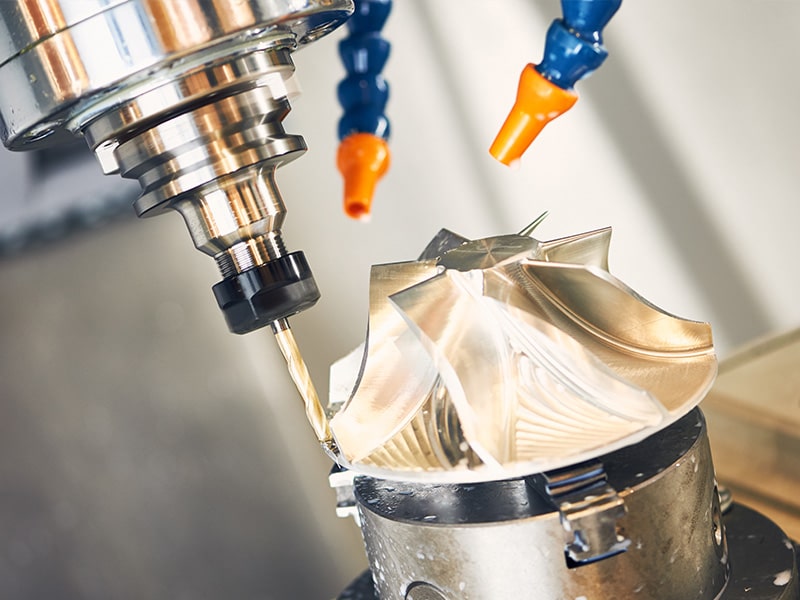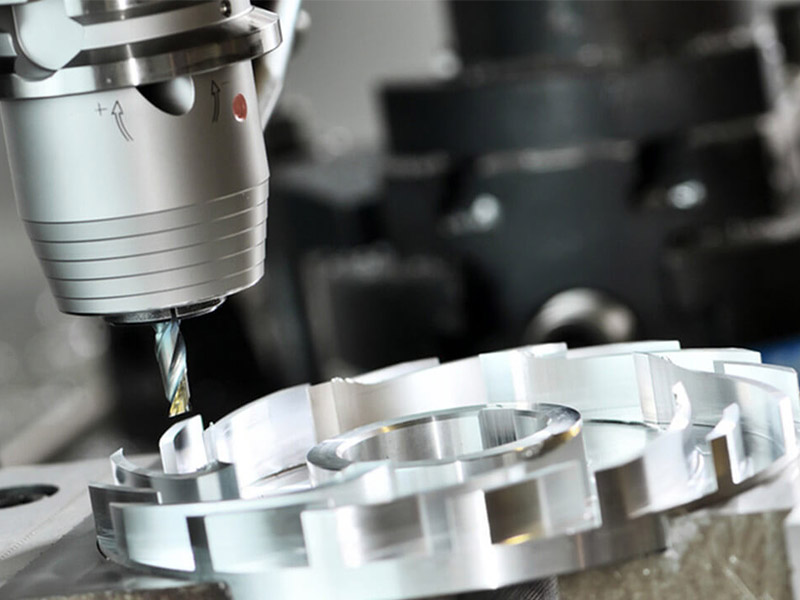CNC Milling Services: A Revolution in Precision Manufacturing
CNC Milling Services: A Revolution in Precision Manufacturing
Blog Article
CNC machineries have revolutionized manufacturing, offering a reliable and accurate way to make components and pieces across many different sectors. This advanced technology uses computer-controlled machinery to perform cutting drill, milling and various other processes on substances like metals, plastics, and wood. The level of precision obtained by CNC machining is unparalleled, allowing for complex plans to be made in a highly precise manner. Through replacing manual input with automation, CNC machines have significantly decreased the chance of human error and increased productivity. This combination of precision and efficiency has helped make CNC machining a vital aspect of modern manufacturing.
One of the main advantages for CNC machining is the unbeatable accuracy and capability to create highly complex designs. In contrast to manual machining, in which the operator controls it, CNC machines follow the program to cut, shape, and form the materials with astonishing accuracy. This decreases the chance of error dramatically, which allows for the production of parts that meet the exact specifications. Intricate geometries, complex specifics, and tight tolerances can all be achieved using CNC manufacturing, making it ideal for industries where there is a need for high levels of accuracy, such as aerospace where even small mistakes in parts could result in devastating effects.
One of the main advantages of CNC cutting is its flexibility when working with a broad spectrum of substances. Whether manufacturers are dealing with tough metals like steel or titanium, or with softer materials such as wood and plastic CNC machines are modified to perform a variety of cutting and shaping tasks. This adaptability can make CNC manufacturing suitable for pieces across a variety of fields that range from medical devices to aerospace parts to consumer electronics and automotive parts. Being able to process complicated geometries while maintaining tight tolerances has also made CNC machine-making the preferred method for creating intricate parts that would be a challenge to, if not impossible to create using conventional techniques.
The other major benefit of CNC machining is its effectiveness. In automatizing the process of machining, manufacturers can significantly reduce the amount of time needed to create parts. This leads to a faster cycle of production as well as cost savings. Since CNC machines are able to operate all day long with no human oversight, they can increase output but without degrading the quality. This degree of automation eliminates the danger of human error and ensures that each part produced meets exactly the specifications specified by the computer-generated model. Furthermore, CNC machining allows for "lights-out" manufacturing, where machines are still in operation even after employees have gone home increasing productivity and cutting down on labor costs. To generate further information kindly look at Premiumparts
CNC machines are also known for its versatility of the kinds of materials it's able to deal with. From aluminum, steel, and titanium to plastics, wood, even Composites. CNC machines are able to be used with a range of components that can be used in a variety of applications. This can make CNC machine-making suitable for a variety of industries that have distinct demands for material. In the case of medical, for instance, this business typically requires parts using biocompatible materials such as titanium. Similarly, the automotive industry relies on durable metallics such as steel to make engine components. Whatever the metal, CNC machines can deliver exact cuts and reliable results, ensuring that the final product is of the required performance and endurance specifications.
Another issue with CNC machining is setting up and programming of the machines. While CNC machines reduce a significant amount of the manual labour involved with manufacturing, they still require skilled technicians who can create and enter the necessary programs. These technicians must have expertise in CAD/CAM (Computer-Aided Design/Computer-Aided Manufacturing) software and understand the specific machining requirements of each project. Incorrect programming could cause defective parts or materials being wasted, as well as the machine being down for a long time. Furthermore, the initial configuration of the machine could take a long time, particularly for intricate projects that call for several tools or processes. However, once the machine is correctly configured and programmed it will be able to produce components at a remarkable rate and with great accuracy, minimizing the potential for errors in subsequent runs.